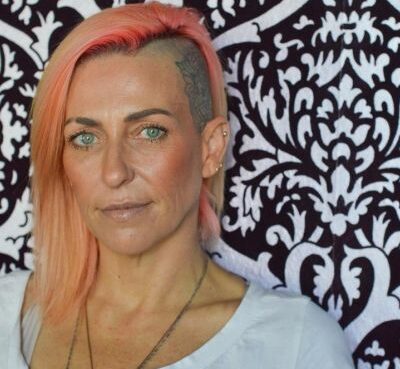Tim Spector’s weight loss advice has proved beneficial to many people all around the globe. How does the well-known doctor advise patients to manage their weight? Tim Spector is an epidemiologist, medical practitioner, lecturer, and scientific writer from the United Kingdom.
The doctoral candidate is also an expert in twin studies, genetics, epigenetics, food, and microbiome. In addition, he is the best-selling author of two health and diet books, The Diet Myth and Spoon-Fed. Tim wants to dispel popular fallacies and pseudo-science around fad diets.
Tim Spector Weight Loss Advice: Avoid Diet Fads
Spector, Professor of Genetic Epidemiology at King’s College, has recently made news for claiming to offer the finest weight reduction solutions after debunking several diet fallacies. Tim’s best-selling book, The Diet Myth, aimed to address the issue of depending on fad diets that do not work long-term.
Weight reduction was the second most common resolve in a recent YouGov survey of British people’s promises for 2023, after only exercising more and increasing fitness. Third was diet improvement. Every year, millions of individuals attempt to diet; data shows that more than two-thirds struggle to maintain their weight six months after shedding their first pounds. According to the now-famous doctor and the person of the Covid Zoe app, our approach to dieting is incorrect and based on fallacies such as avoiding particular food categories.

According to his website, dieters who want to achieve long-term success must make “a fundamental shift in how they view food, diets, and the hidden microbial world inside their bodies.” Dr. Spector suggests boosting our gut health (microbiome) and metabolism, which may aid in weight reduction without tracking calories. As a result, he advises individuals to eat lots of fiber and gut-healthy foods such as whole grains, legumes, vegetables, fruits, nuts, and seeds.
Tim Spector’s Health Update: Before And After His Stroke
As of August 2023, Tim Spector looks to be doing well. At present, he has no recognized illnesses. However, in his early 50s, he had a mini-stroke at the summit of a mountain. He developed the disease after a strenuous day of skiing in the Alps.
“I went from being a sporty, fitter-than-average middle-aged man to a pill-popping, depressed stroke victim with high blood pressure,” Tim explains.
It was a rude awakening for the professor, prompting him to reconsider all he knew about good nutrition, including much of what he had taught in medical school. As a result, his diet is no longer what it once was. For breakfast, he usually ate cereal, orange juice, and tea, followed by a tuna mayonnaise sandwich, a package of chips, and a carton of orange juice for lunch.
“My breakfast now consists of a mixture of kefir and full-fat yogurt with some berries and mixed nuts and seeds on top, plus one or two big cups of black coffee,” he said.
“For lunch, I might have a curry or another heavily plant-based meal.” “I’m almost vegetarian now, and I eat far fewer starchy foods than I used to,” Tim remarked.

Tim Spector’s Family History
Timothy David Spector was born in North London, England, in July 1958, at the age of 65. He is the head of the TwinsUK registry and a genetic epidemiology professor at King’s College London. Tim Spector is married to Veronique Bataille, a researcher and dermatological doctor in London, and they have two daughters. Dr. Bataille practices dermatology privately at Princess Grace Hospital, Kensington Medical Chambers, and W1. She also works for the NHS as a GP at the West Herts NHS Trust in Hertfordshire.
Bataille attended the Louvain Medical School in Brussels, Belgium, and graduated magna cum laude in July 1985. She then worked in many London teaching hospitals before beginning her dermatological studies at St John’s Institute of Dermatology, St Thomas Hospital, in 1989. Dr. Bataille became an authorized consultant dermatologist in 1996 after earning her Ph.D. in genetic epidemiology of skin and ocular melanoma in 1995.




